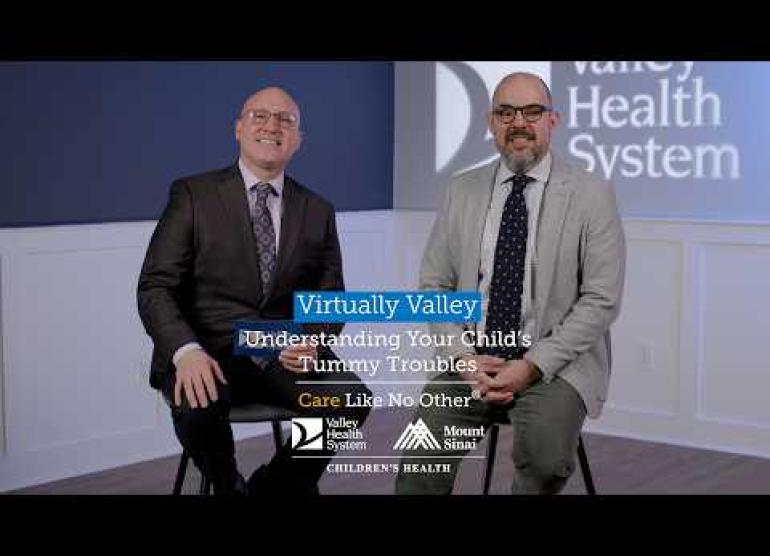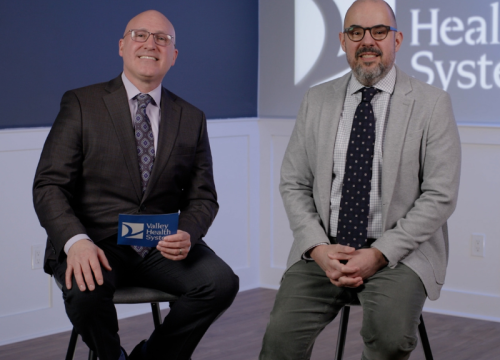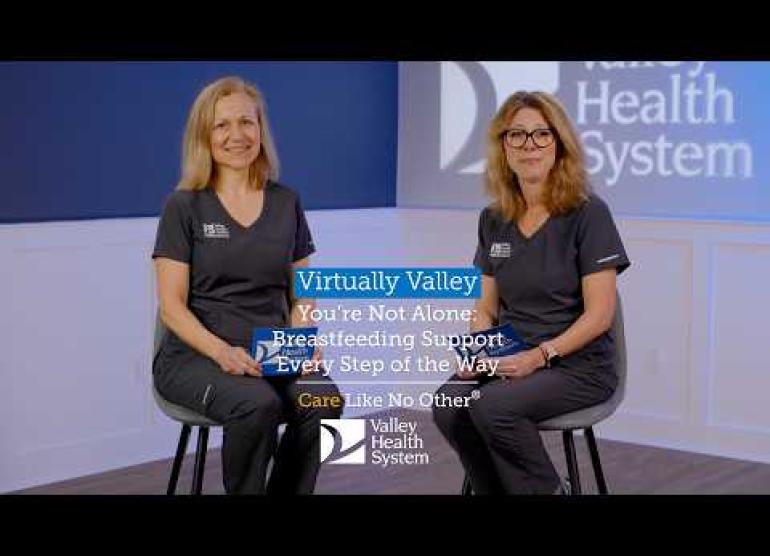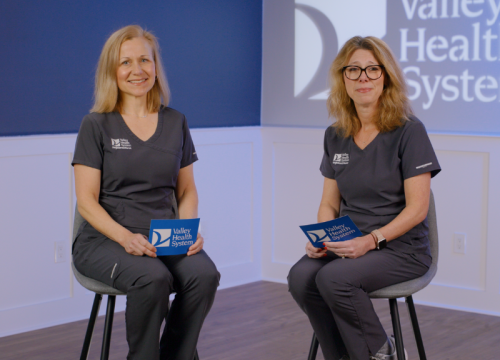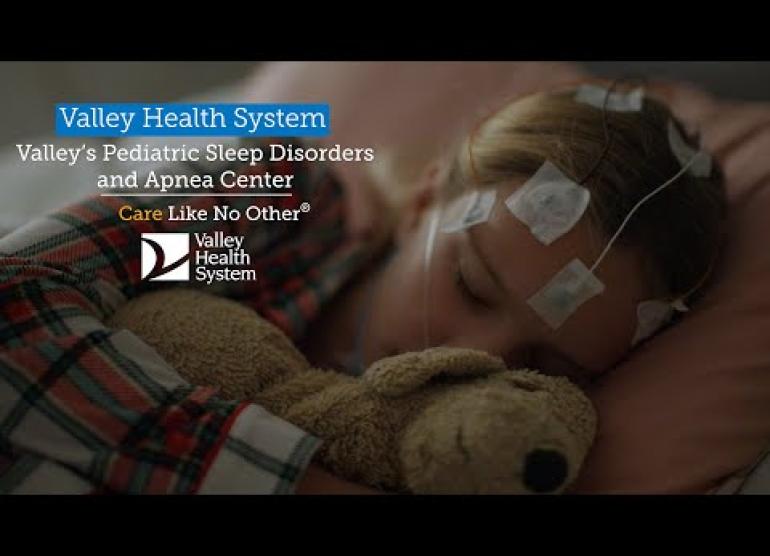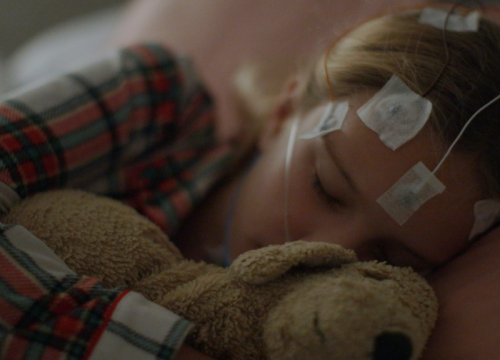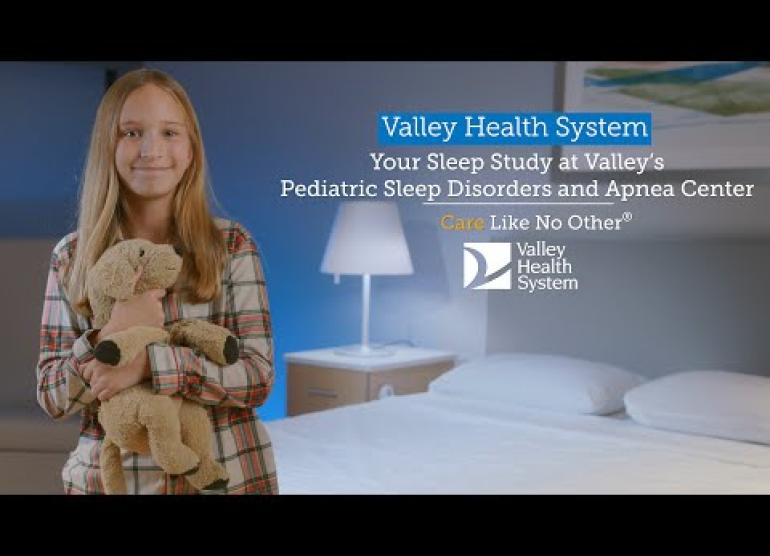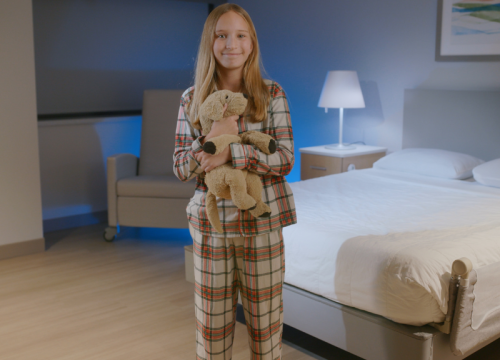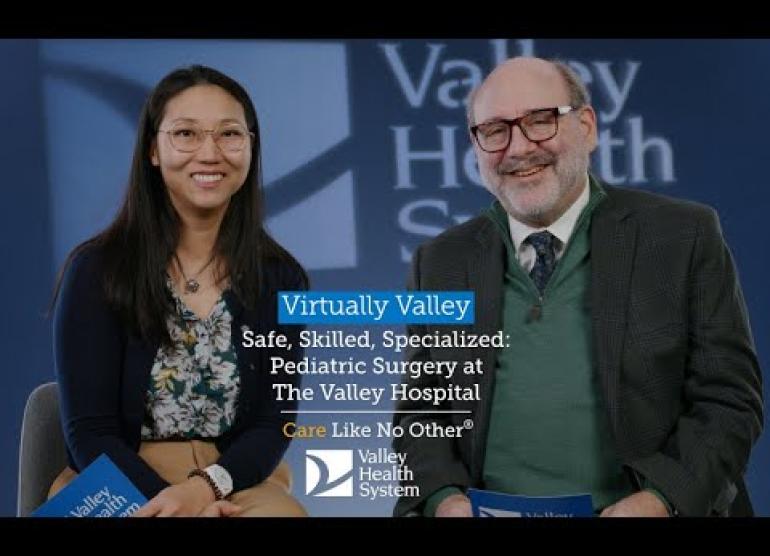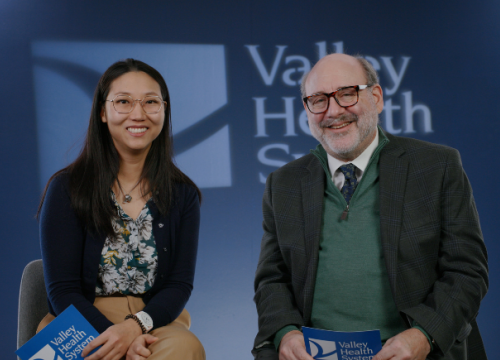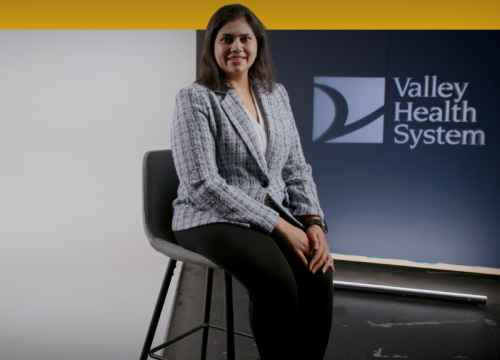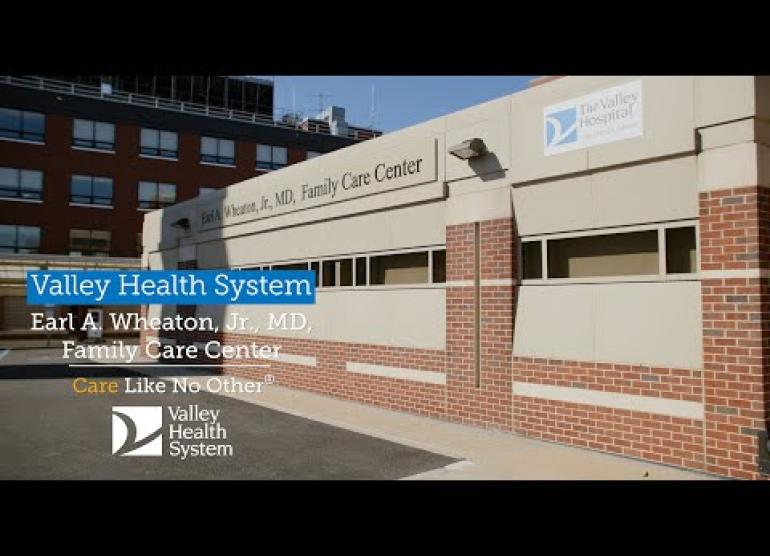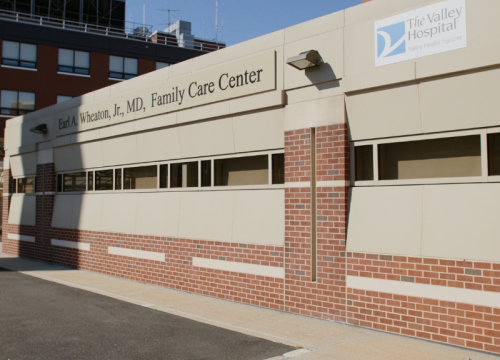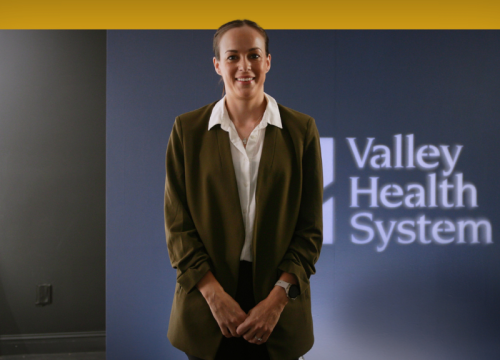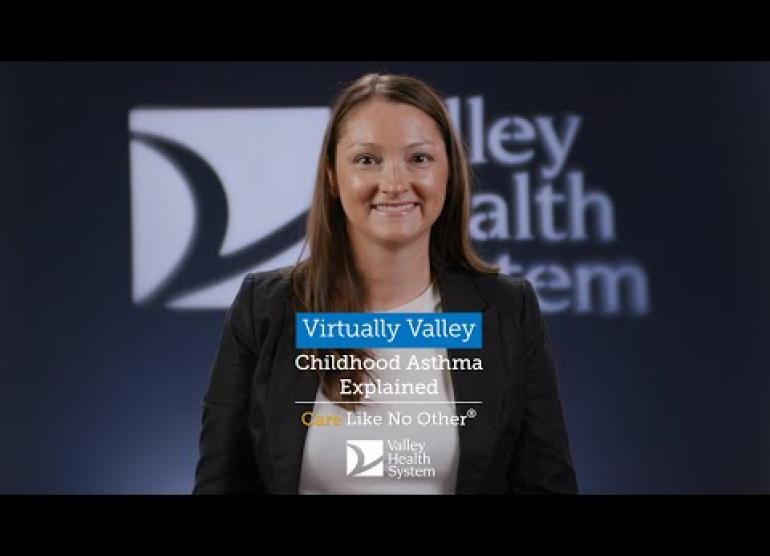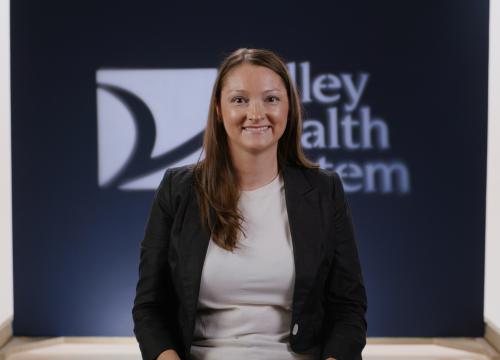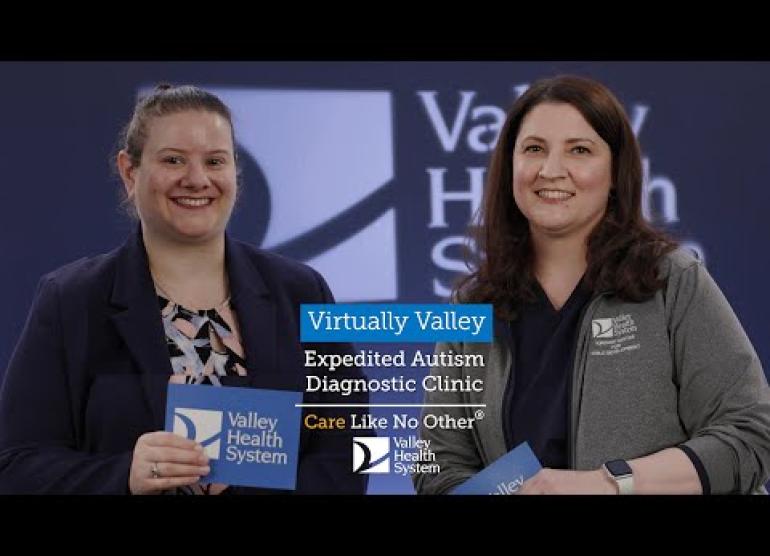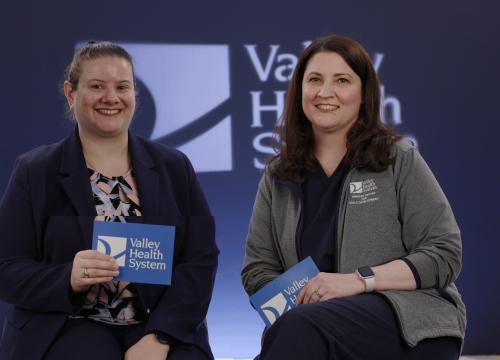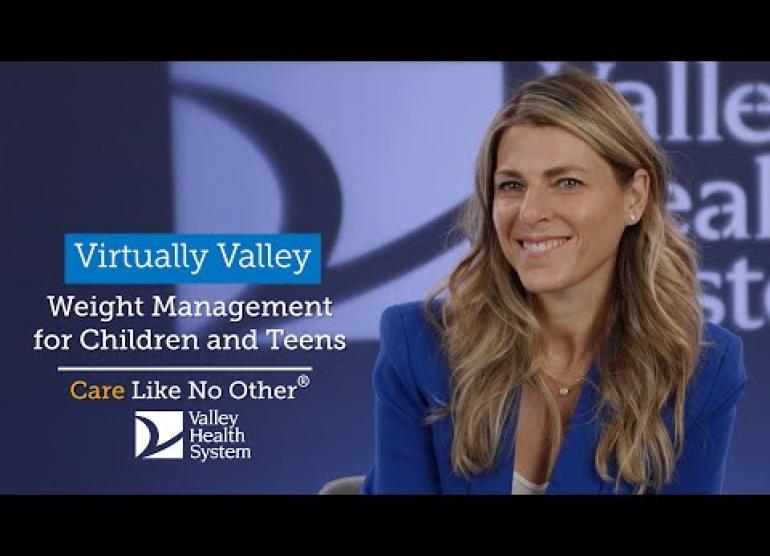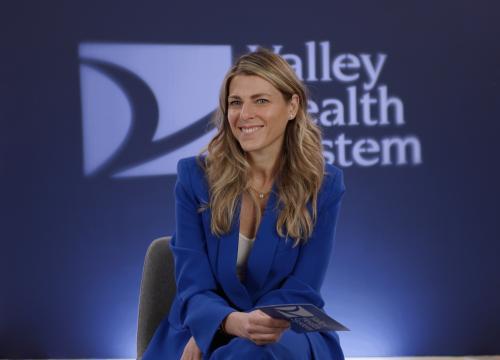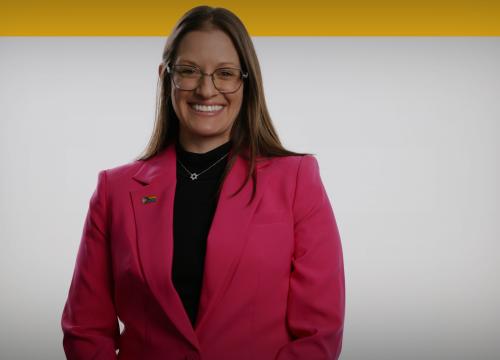Movement allows children to explore and opens up a window of learning through seeing, feeling, and touching new environments. The ability to crawl, walk, jump and maintain balance requires gross motor skills, which involve using the large muscles of the body.
Pediatric physical therapy focuses on helping children and teenagers acquire or improve their gross motor skills. Physical therapy at the Kireker Center for Child Development aims to help each child (from birth to age 21) reach their full potential – whether that is to walk, throw a ball, or transfer from a sitting to a standing position or from a wheelchair to a seat or bed.
Through physical therapy, we teach new skills and help children reach their gross motor developmental milestones.
The Valley Approach to Pediatric Physical Therapy
As part of a multidisciplinary program, our physical therapists work closely with the physicians, occupational and speech therapists, and audiologists at the Kireker Center to ensure that your child’s specific needs are met. If your child needs further evaluation, we can refer them to a physiatrist, developmental pediatrician, orthopedic surgeon, neurologist, neurosurgeon or other professionals.
We also offer specialized services for babies who have spent time in our neonatal intensive care unit (NICU) or another hospital’s NICU. And our physical therapists are always available to speak with child-study teams, teachers and other education professionals.
Pediatric Physical Therapy Services
Our therapy program combines range-of-motion/stretching exercises, strengthening exercises, therapeutic exercise, and play activities to facilitate movement.
Physical therapy takes place in our specialized gym, which features LiteGait overhead body-supported treadmill training, stairs, treadmills, ramps, wedges, and a variety of benches, balls, and other equipment.
Other specialized services:
- Infant massage
- Kinesiotaping
- Neuro-developmental treatment
- Ordering medical equipment (wheelchairs, walkers, strollers, bath chairs, commodes, etc.)
- Acquisition and management of orthotics and prosthetics
- Referrals to other healthcare professionals and community resources
Therapy for NICU Babies
Many babies who are born prematurely or with developmental concerns benefit from beginning physical therapy, occupational therapy, or oral-motor and feeding therapy within hours or days of their birth. Intervention while still in the Neonatal Intensive Care Unit (NICU) can help guide a baby toward their developmental milestones.
Our physical therapists work closely with the developmental team at Valley’s NICU, as well as each baby’s parents, to:
- Use therapeutic handling and positioning, which may utilize specialized splinting by our occupational therapist
- Begin oral-motor or feeding therapy for the baby
- Transition the baby to outpatient services at the Kireker Center following discharge from the NICU
Our pediatric therapists are licensed and certified and have completed specific training in neonatal therapy.
Conditions Treated
- Neuromuscular and neurodegenerative disorders, including cerebral palsy and muscular dystrophy
- Developmental delays caused by autism, PDD and other conditions
- Movement disorders
- Torticollis
- Genetic disorders, including Down syndrome, fragile X syndrome and others
- Congenital deformities
- Orthopedic disorders, including club foot
- Traumatic injuries
- Post-surgery
Pediatric Physical Therapy FAQs
What do I need to bring to my child’s physical therapy evaluation?
Please come about 15 minutes early to fill out the necessary paperwork. If your child has had any previous tests, please bring the results and reports with you, if possible. For insurance purposes, bring any prescriptions, referral forms, pre-authorization forms, or co-payments that your individual policy requires.
How should my child dress for an evaluation?
Your child should dress in comfortable, loose-fitting clothing. If your child walks, he/she should wear sneakers. If your daughter wears a skirt, please have her wear shorts underneath. During the evaluations of younger children, the clothing is often removed to allow for observation of how the body moves. Please also bring any orthotics or braces with you.
What should we expect at the evaluation?
Your child’s evaluation will consist of an interview to collect his/her medical history, an observation, and an examination. The examination will vary based on his/her age and will contain standardized testing when appropriate.
How long is a typical physical therapy session?
Individual therapy sessions typically last for a half-hour.
What happens during a typical therapy session?
Depending on your child’s age and specific needs, your child may undergo a variety of stretching and strengthening exercises and some play activities to get him/her moving. You are welcome to attend the sessions, but we may try to transition your child to sessions without you if we feel this will benefit your child. Because we have other disciplines in our center – including audiology, occupational therapy, and speech-language therapy – your child may benefit from having other therapists involved in your child’s therapy.
What will my child need to do at home to continue their therapy?
At-home exercises are crucial to your child’s therapy. You will be given exercises at your child’s evaluation, which will be periodically revised. How often your child must perform the exercises is based on his/her individual therapy.
How long with my child’s entire physical therapy last?
Generally, most children attend physical therapy sessions once a week. The duration of your child’s therapy will depend on many factors, including the type of disorder/injury your child is experiencing, its severity, any medical issues present, insurance coverage, and what type of at-home therapy exercises are needed. The duration of treatment will be continually assessed and is entirely dependent on the individual needs of the child.
The Pediatric Physical Therapy Team
Our physical therapy team is comprised of physical therapists who work exclusively with pediatric patients. All therapists are licensed through the New Jersey State Board of Physical Therapy.
Our team includes therapists who are doctorate- and master’s-level trained. Our certifications include:
- Board-certified neurology clinical specialist
- Board-certified pediatric clinical specialist
- Certified kinesiotaping practitioner
- Certified infant massage practitioner
- NDT certified


